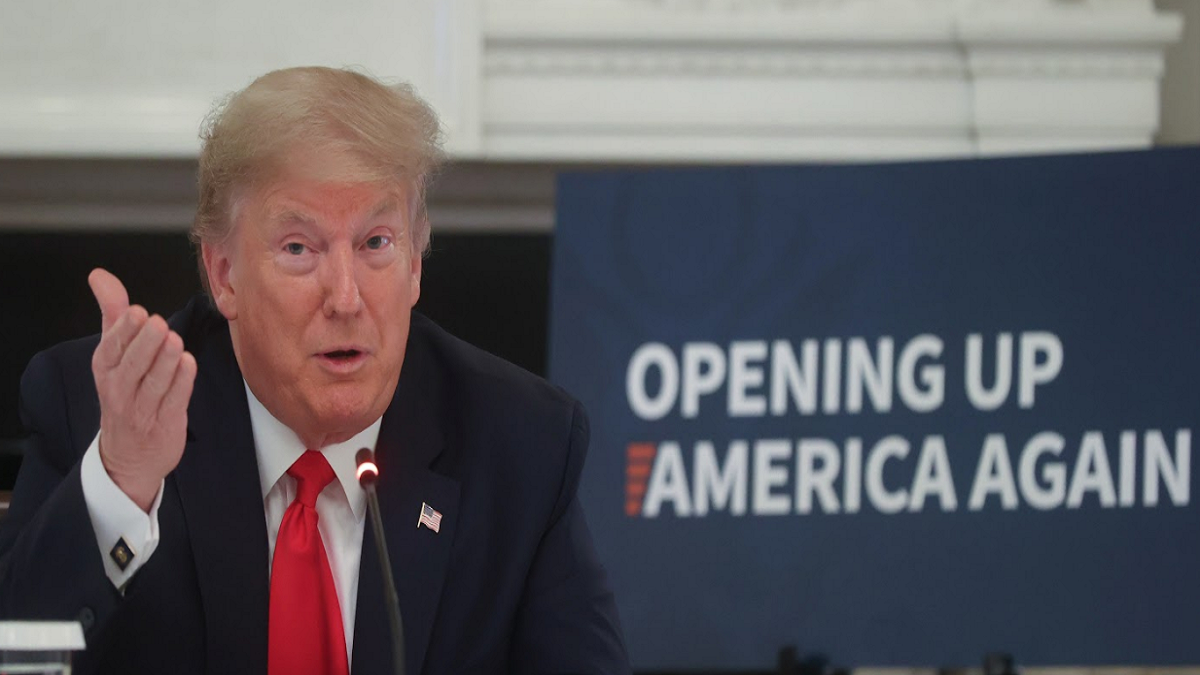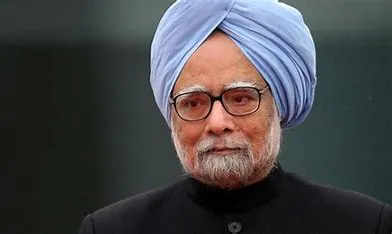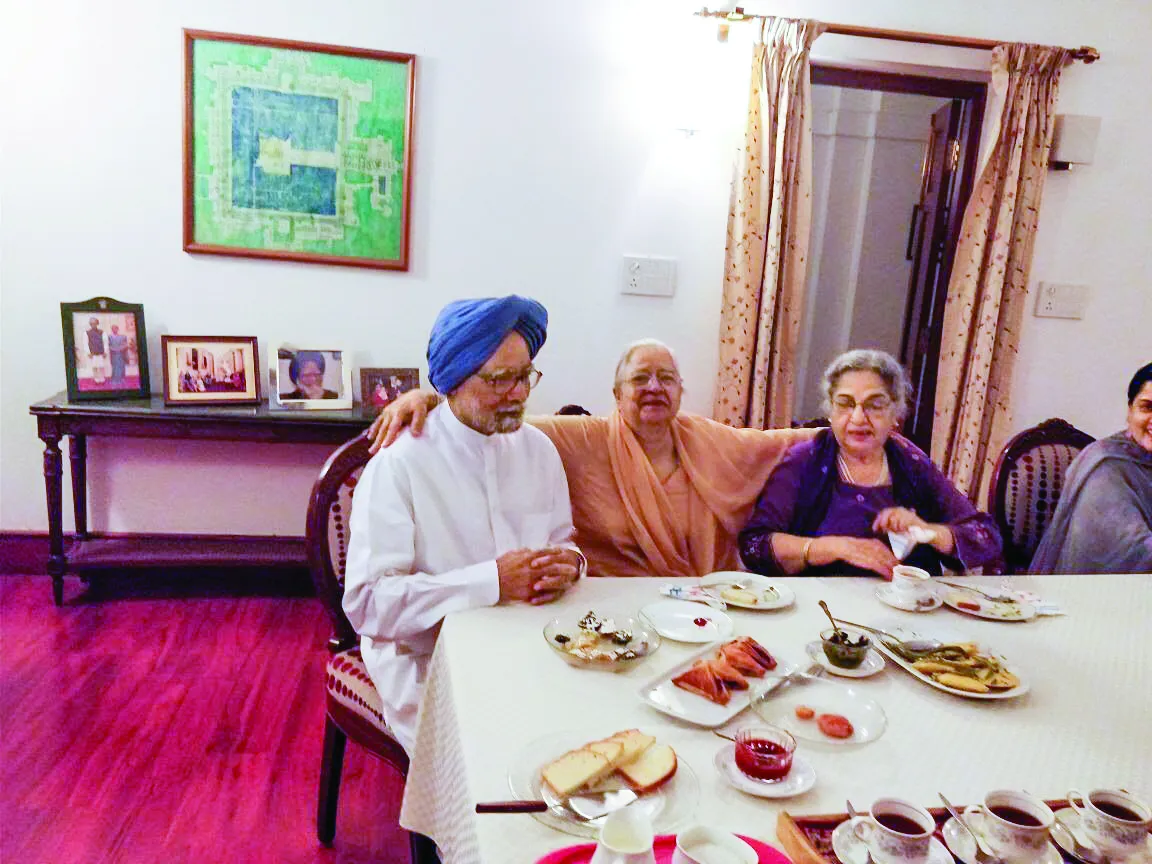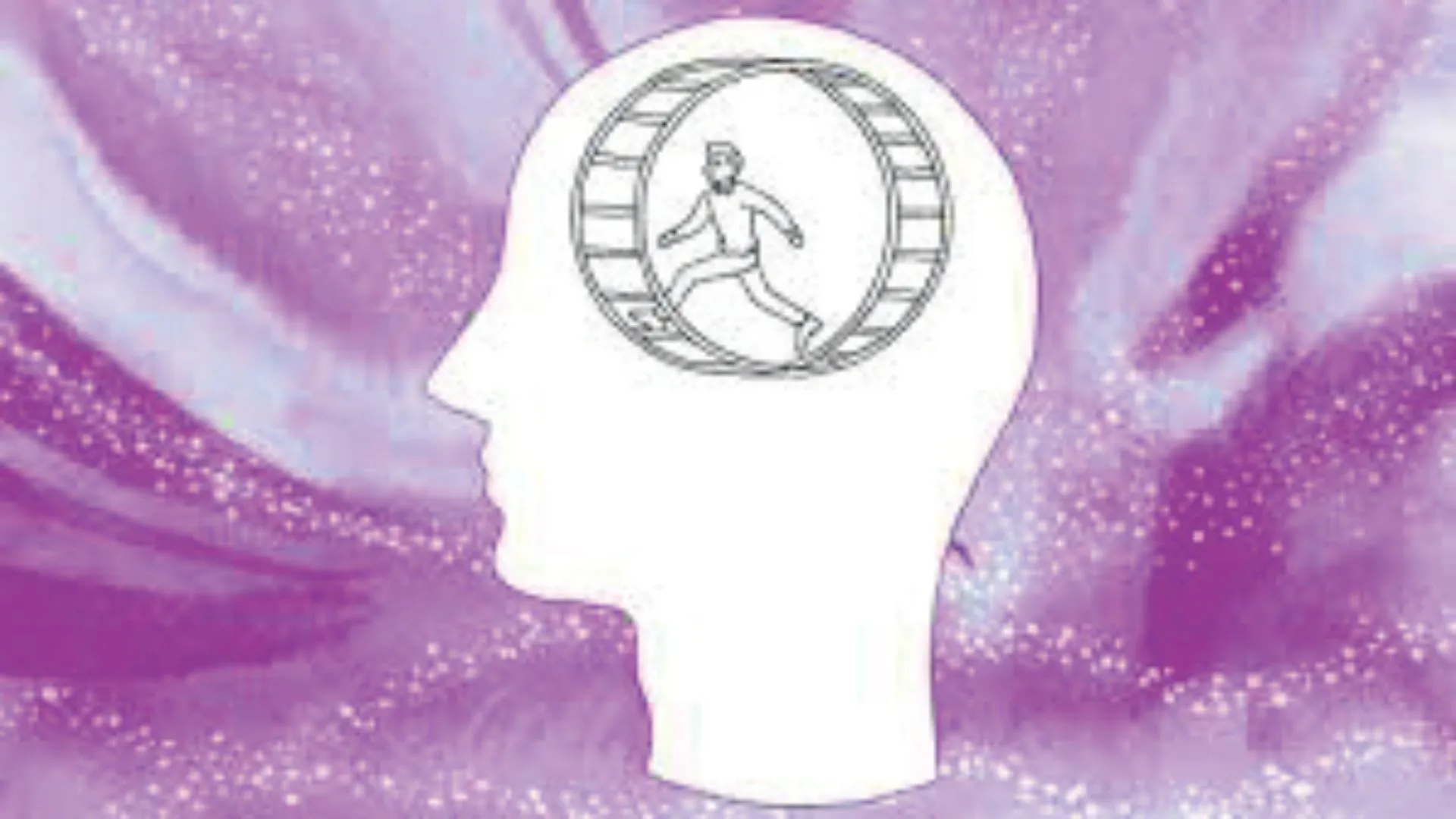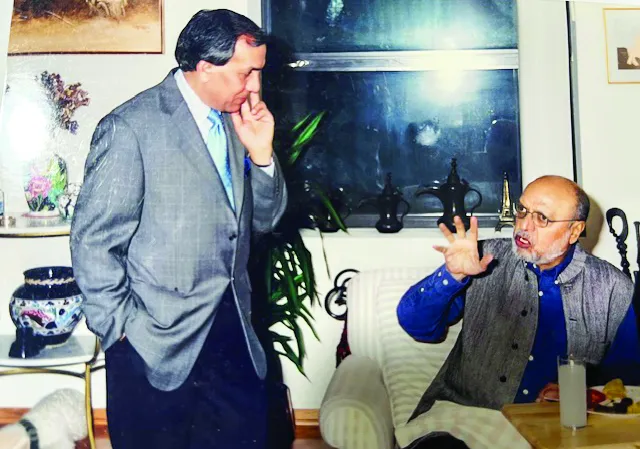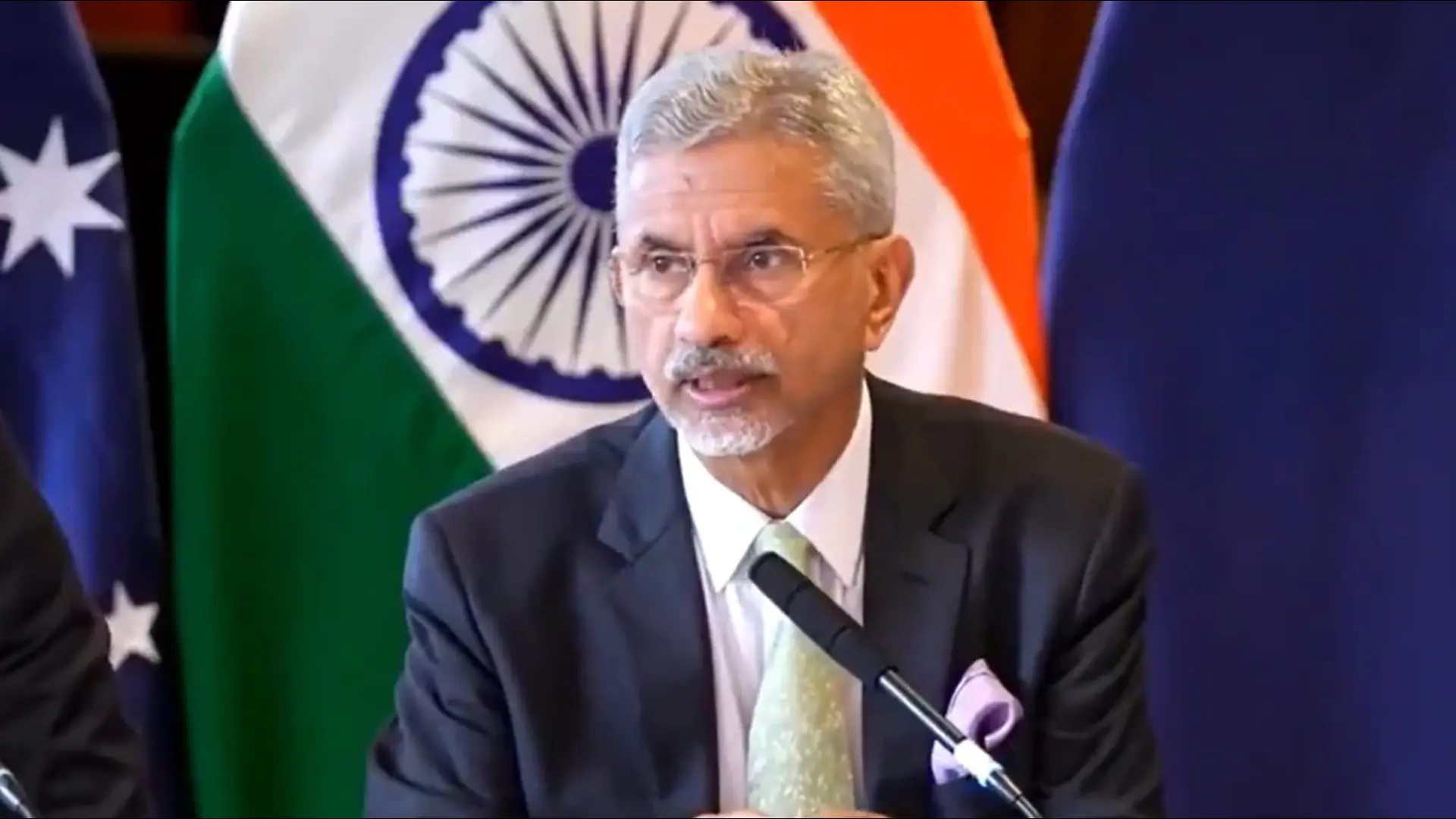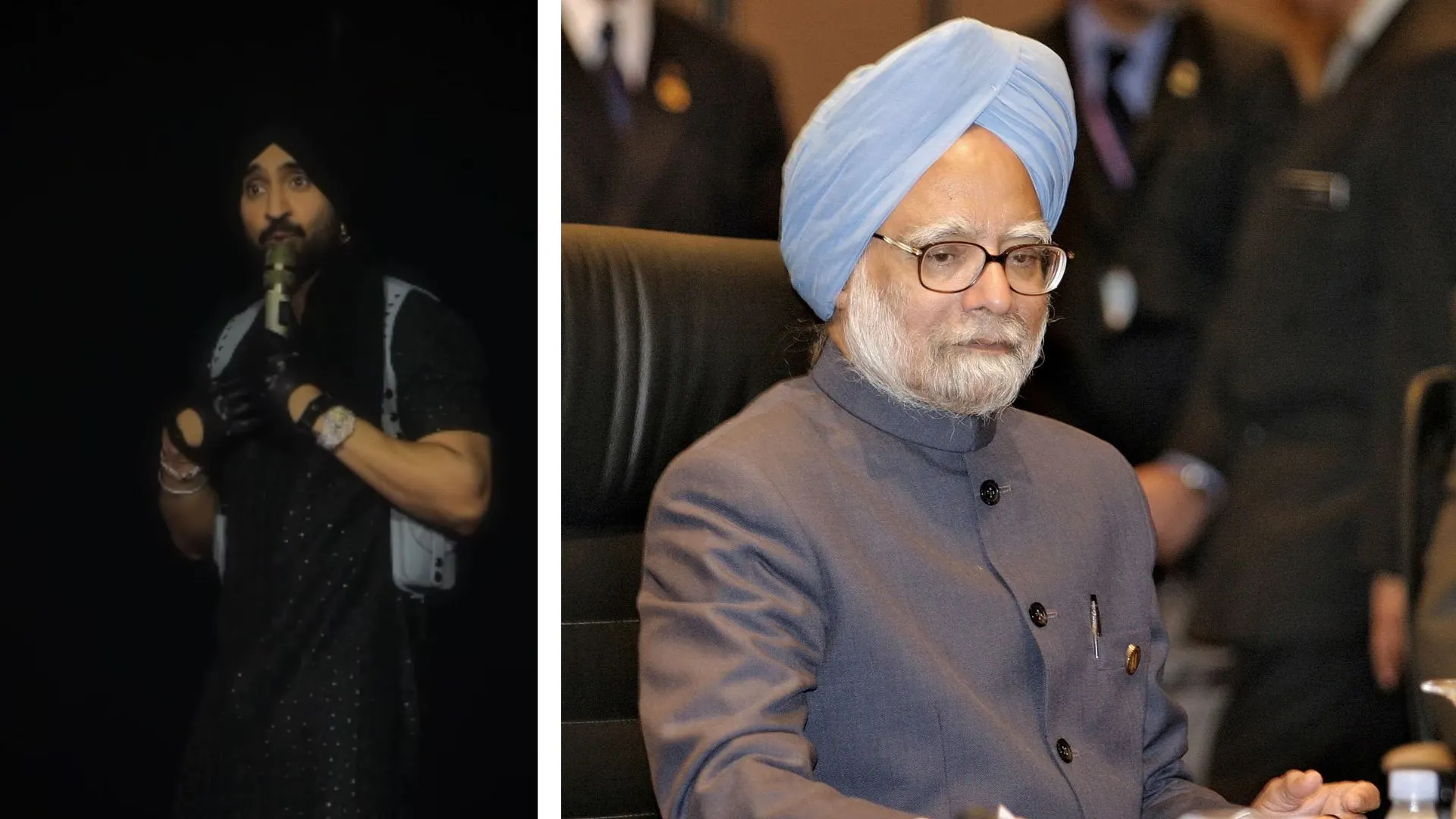The Tuesday night—Wednesday morning India time— Presidential debate between US President Donald Trump and Democratic candidate, Vice President Joe Biden is coming under fire from commentators for being “messy”, “chaotic” and not “Presidential” enough. Such a reaction is not unexpected, considering the aversion that mainstream western media and commentators have for Donald Trump; and considering the US President was his irrepressible self at the debate, with both the moderator and Biden having a tough time keeping him “in line”. But then he being “unpresidential” did not stop voters from electing him to the most powerful office in the world, and will not stop them this time either, provided they think he should be back for a second time. The debate, which was widely watched in India as well, was peppered with not-so-polite exchanges. It appeared as if Trump managed to rattle his opponent to such an extent that the former Vice President ended up calling the US President a “liar”, a “fool”, a “clown”, “Putin’s puppy”, apart from uttering an exasperated “will you shut up, man”. Debating a “maverick” such as Donald Trump can be hazardous and it was showing on Biden. No wonder the former VP did not get the opportunity to appear “presidential”—and not for want of trying. Overall, it was a noholds-barred sparring match, which was intended to energise the respective candidates’ voter bases so that they come out to vote on election day. All the issues that are of importance featured in the debate, including coronavirus, opening up the economy, job creation, race relations, law and order and of course performance in office.
Trump kept hammering on the point of his “47 months” in office versus Biden’s “47 years” in politics and government. But then it is not certain if the “outsider” tag that had worked in Trump’s favour in 2016 will work this time as well. Biden is ahead of him by 6-7 points and a lot will depend on a vaccine being found and the kind of recovery US economy makes in the next one month—V-shaped, according to Trump and Kshaped according to Biden, where the rich get richer and the poor poorer. Opening up the economy is a major issue, with Trump for it, and Biden against. There is a view that Trump would have sailed home to victory but for the pandemic affecting lives and livelihoods. He has also made things difficult for himself by being “unscientific” about the infection, thus handing on a platter a poll issue to the Democrats. It is becoming increasingly clear that this election is also about the American way of life, with Trump raising the issue of the Democratic party’s descent into what he called radical left politics—an ideology detested by Americans. In fact, countries such as India have been watching with concern the takeover of the Democratic party by “leftist” forces that have gone to the extent of insisting that US should stop selling arms to India because of alleged human rights issues. And Biden knows that this socialist-leftist tag can sink him, the reason why he kept insisting during the debate that it was he who was the Democratic party. Since there is a good chance of Biden becoming President, it is hoped that he will be able to stop this mainstreaming of the leftist fringe.
But his comment that “Antifa is an idea and not an organisation” is being seen as an attempt to downplay the violence perpetrated by this section of the extreme “anti-fascist” left. From all accounts, this is an issue that may drive a section of voters unhappy with Trump to ignore Biden, or may make a section of Democrat voters sit out the election as they see their streets descend into chaos. It is a toxic situation with the involvement of white supremacists as well. Trump’s refusal to condemn the violence instigated by them—“stand down and stand by, boys”, he said—may prove to be politically problematic for him especially among voters of colour. His cavalier approach to the issue of his taxes, as was evident during the debate, may prove to be another problem. Although there will be a separate debate on foreign policy, but this debate too saw both men broaching the topic of China as they attempted to outdo each other in their “hatred” for China, so that no one mistakes them to be “Xi Jinping’s puppy”. The coronavirus, which Trump “eloquently” described as the “China plague”, and thus China itself may become a major factor in the election, and even if Biden—apparently not very unfriendly to China—becomes the next President, it may be political suicide for him to pursue a pro-China policy. With China as the new Soviet Russia in this second edition of Cold War, it remains to be seen how this affects geopolitics and particularly the Indo-Pacific region. India found two mentions, once when Trump was talking about corona death counts and another time when talking about countries polluting the environment. It goes without saying that in both instances, he was making political points and thus perhaps exaggerating matters, something that will not affect the strategic alliance between the two countries in case he returns to power.
So the foreign policy debate will be something to watch out for. In conclusion it can be said that even if Trump goes down on 3 November, he will not go down without a fight. This became apparent from his comment on possible ballot fraud and the possibility of counting continuing for days after Election Day. In other words, November will be an interesting month.

